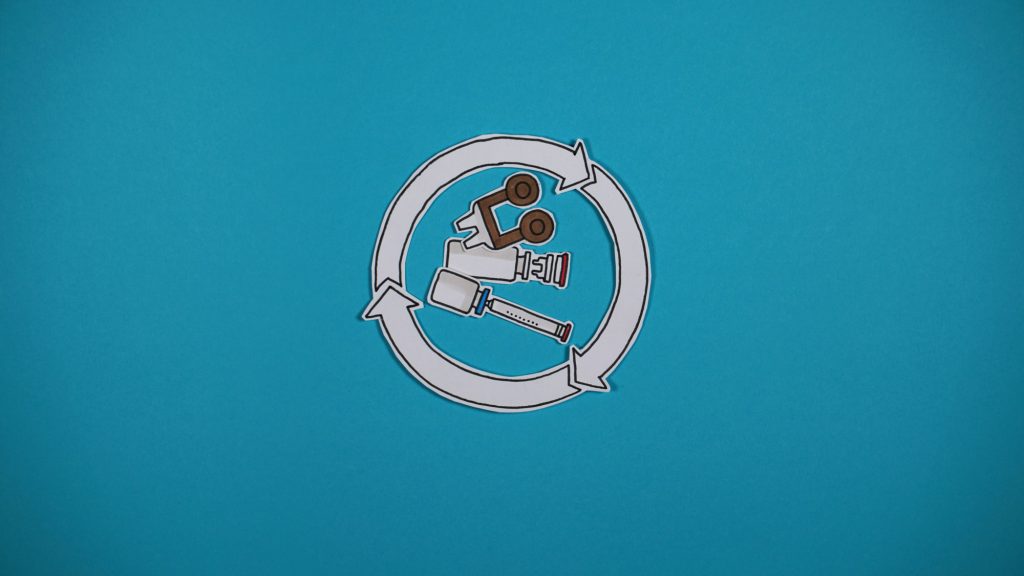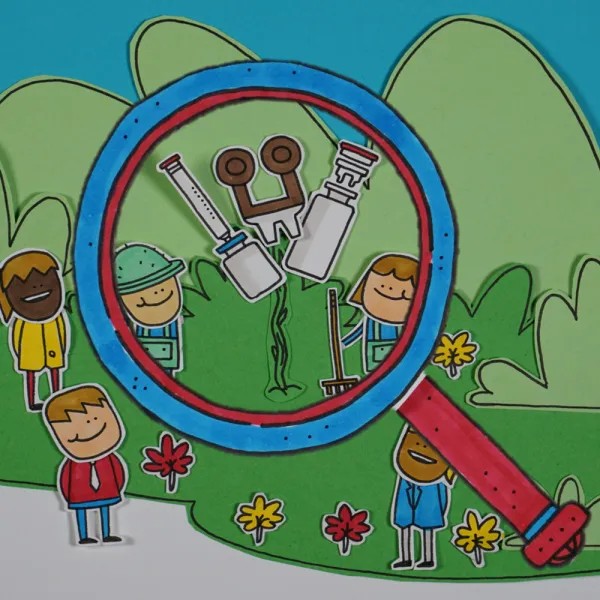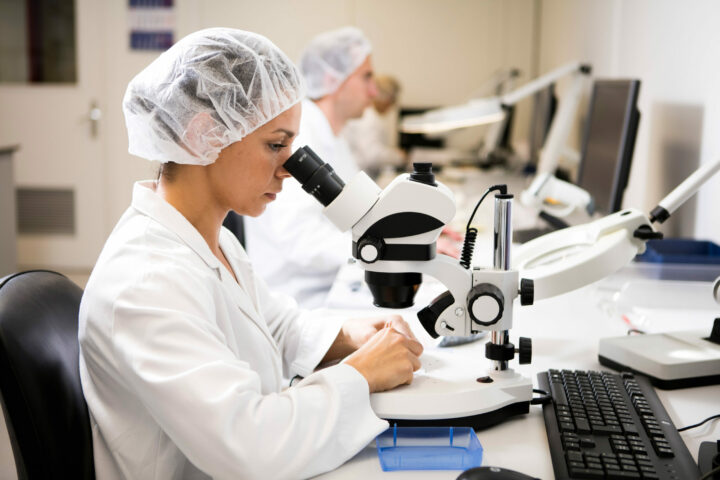Seeking new material solutions for a more sustainable world
Article | November 22, 2022
Find out more about Datwyler’s work in sustainable materials and our aim to become more environmentally friendly in all areas of our business.
As a key strategic priority in the Datwyler Group, sustainability informs all areas of our business as we move towards reducing our carbon emissions and becoming climate neutral by 2030. Whether it’s ensuring that all materials are fully compliant with international regulations, suppliers use the most sustainable transport methods, or new materials are carefully researched and investigated, Datwyler takes a proactive approach to sustainability, taking bold steps now so that we can all enjoy the future.
by
climate neutrality
Scope 1 and 2

The three pillars of materials sustainability
The Datwyler approach to sustainability of the materials used can be split into three key pillars: chemical compliance, supplier processes, and materials research. While the first pillar is largely dictated by the laws and regulations of individual countries and international bodies, we take an active role in consultations about the use of certain chemicals and compounds, adding our knowledge and experience to the discussion.
As well as taking our place on a number of European and global compliance committees, we are also actively seeking replacements for less eco-friendly chemicals, staying one step ahead of legislation and making our materials safer for the environment. This constant search for safer alternatives involves close collaboration with our supplier partners, the second key pillar.
Since we use thousands of tons of raw materials every year, there’s an inevitable carbon impact from transport. But while this impact cannot be directly attributed to Datwyler, we are keen to reduce it by having raw material delivered in large volumes by dry-bulk tankers whenever practical and using local suppliers where possible to avoid transport by air or sea, or e.g. selection green labeled material grades.
Chemical
compliance

Supplier
processes

Materials
research

Materials research
The area in which Datwyler has the most control over is new materials, and this is where some of the most exciting work is happening. Researching new materials not only involves assessing the cost, manufacture, and performance of the final product, but also its environmental impact, from the sustainability of the raw materials to the compostability and overall recyclability of the component.
Datwyler is currently working on a number of fascinating projects that could reduce the requirement for fossil fuels in the elastomer manufacturing process. These projects include replacing an oil-based polymer with a polymer made from sugar cane, using a plasticizer based on vegetables rather than petroleum oil, replacing plastic-based fibers with modified cellulose, and many more.
The use of recycled materials is another important area for sustainability, and we have been investigating how scrap material produced during manufacture can be used in brand new components. The process involves grinding leftover material down to a fine powder, which is then added to the raw materials for new components. Not only does this reduce the volume of discarded material in the original process, but it also increases the amount of reclaimed materials in new products.
New sustainability opportunities
Ultimately, the success of components made with more sustainable polymers with a larger proportion of reclaimed materials depends on the customer. But there is a willingness within the industry to move towards a more environmentally friendly production process.
As one of the leading elastomer manufacturers in the world, we fully understand our responsibility towards the environment, and the importance of creating new solutions and opportunities to not only decrease our own environmental impact, but also the impact of the industries we work within. This work has resulted in a silver award from the global rating agency EcoVadis for the fourth time in a row, which places Datwyler in the top 15% of more than 90,000 companies from 160 countries.
While we are always proud to receive such recognition, we know that true transformation will only come from a constant desire to improve the sustainability of our business and products, working towards the common goal of reversing climate change.
Author
Dr. Bram Jongen
Vice President Materials and Surface Technologies


